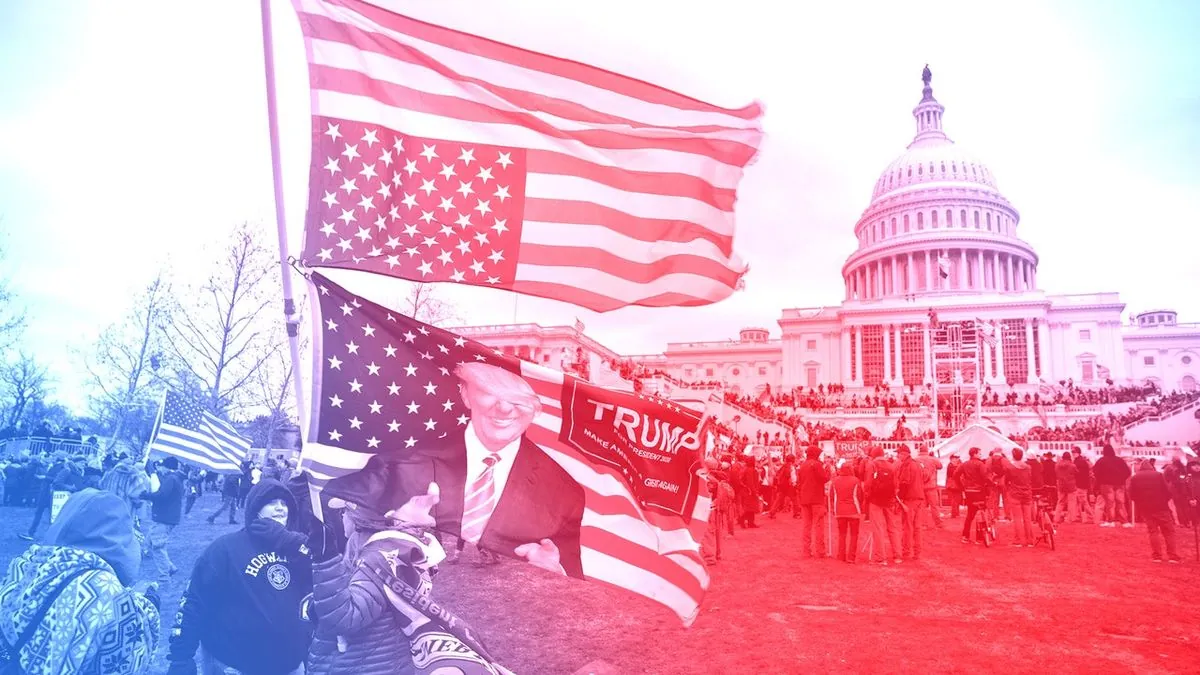The upcoming US election raises questions about Americas global democracy-promotion efforts. Recent polls indicate a neck-and-neck race between Donald Trump and his opponents which creates un-certainty about the elections aftermath
Four years after the capitol events Trump and his running-mate J.D. Vance dont commit to accepting election results (unless they win). Election watchers note that plans to challenge results are more organized than last time; with Trump already pointing at supposed voting issues in swing-state Pennsylvania
Our soft power‚ our ability to attract and inspire‚ has already been damaged by all this
The global democracy landscape shows concerning trends. Here are key developments:
- Growing number of non-democratic states
- New anti-Western alliances forming
- Democracy decline in European Union
- Increased cooperation between authoritarian countries
Derek Mitchell from Center for Strategic and International Studies points out that US democracy-promotion is part of Americas DNA - its a key tool in defining 21st-century global norms. However the risk of another disputed election could harm this mission
Historical examples show that US democracy-promotion survived past challenges. From Wilson-era segregation to 1930s political turmoil; American support for global democracy continued despite internal issues. Still todays situation presents unique challenges - the demonstration effect worries experts‚ as seen when Brazilʼs election dispute copied US events two years ago
The next few months might reshape how America promotes democracy worldwide. If Kamala Harris wins but faces election challenges‚ it could affect US credibility in supporting democratic values abroad. Yet some experts suggest that overcoming such difficulties might actually help America better understand other nations democratic struggles
